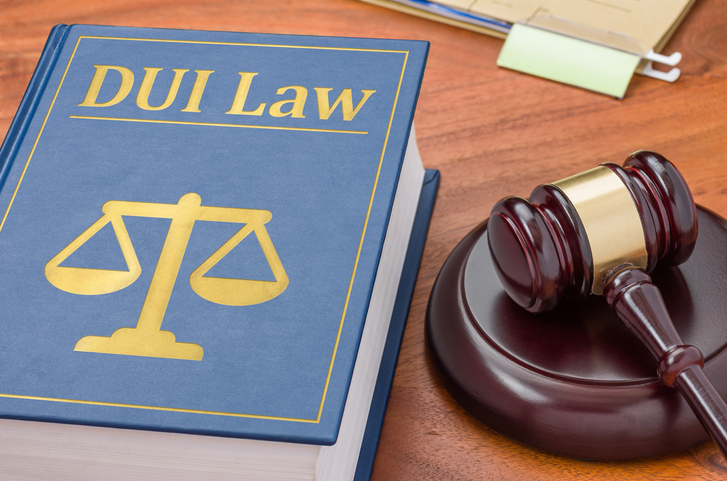Picture this: a night out with friends, laughter, and perhaps a drink or two. But as the evening unfolds, you are pulled over by law enforcement. Suddenly, you are faced with the alarming reality of a DUI charge. While driving under the influence is a serious offense, many people do not realize that there are two distinct sides to DUI law – federal and state. Facing charges in either of these jurisdictions might lead to different outcomes. Read on as we break down the differences between federal and state DUI charges, exploring their jurisdictions and helping you understand exactly what you might be facing. Our support and resources are here to help you navigate and overcome them.
Understanding the Key Differences Between Federal and State DUI
One of the most fundamental distinctions between Federal and State DUI laws lies in their jurisdiction. Federal DUI laws are implemented by federal agencies like the FBI, FAA, and others. They mainly deal with DUIs that happen on federal property like military bases or national parks. On the other hand, State DUI laws are managed by state-level agencies like the Department of Motor Vehicles and local police. These state laws cover all the regular roads and highways in a state, and they tend to be stricter than the federal ones.
When it comes to penalties, federal DUI laws are usually harsher. This is because they often go hand in hand with other federal crimes like drug trafficking. This can make the punishments even more serious.
In federal cases, there are sometimes mandatory minimum sentences. This means if you are convicted, you have to spend a set amount of time in prison, no matter what. But in the state system, judges have more say. They can look at your situation and decide what punishment fits best. This means that the outcome of a DUI case can vary a lot depending on which state you’re in.
Addressing DUIs on Federal Property
When facing charges on federal property, it is crucial to understand the unique challenges associated with a federal DUI. Here are the key aspects you should know;
- Federal sentencing guidelines: A pivotal aspect of federal DUI cases is their adherence to the Federal Sentencing Guidelines, which sets them apart from state sentencing guidelines. These federal guidelines take into account various factors, including an individual’s criminal history, the severity of the offense, and any aggravating or mitigating circumstances when determining the appropriate sentence. As a result, penalties in federal DUI cases can differ significantly from those in state cases.
- Jurisdictional issues: In federal DUI cases, pinpointing the specific federal agency with jurisdiction over the location of the offense is of utmost importance. This information helps your attorney decipher the relevant laws, regulations, and the most effective legal strategies for your defense. Different federal agencies, such as the FBI, DEA, or Border Patrol, may oversee different areas of federal property. Identifying the correct agency ensures that your legal team can navigate jurisdictional complexities effectively.
- Applicability of federal regulations: Federal DUI cases occurring on specific types of federal property, such as national parks or military bases, may be subject to distinct federal regulations. These regulations can have a substantial impact on the handling of your case and the potential penalties you might face. It is crucial to recognize that federal regulations may differ significantly from state laws, making it essential to understand how they apply to your specific circumstances and DUI offense.
California State DUI Laws
In California, it is illegal to drive with a blood alcohol concentration (BAC) of 0.08% or more if you are a regular driver. For those driving commercial vehicles, the limit is even lower at 0.04%, and if you are under 21, it is just 0.01%.
If you get caught driving under the influence, the consequences can be dire. You might have to pay fines, lose your license for a while, attend alcohol education programs, and sometimes go to jail, depending on how serious it is. The penalties can vary a lot in California. It depends on factors like whether you have had DUI trouble before, if there were any illegal activities involved, and which county you were in. So, it is important to understand that the consequences can be different for different people and situations.
Call an Experienced, Local DUI Law Firm Today
Facing a DUI charge can be a daunting experience, but it is crucial to take swift action to protect your rights. That is why we urge you to reach out to a reputable and local DUI law firm today. At Kosnett Law Firm, we specialize in DUI cases and are committed to providing our clients with dedicated legal representation. Get in touch with us to discuss your case and explore your legal options.







